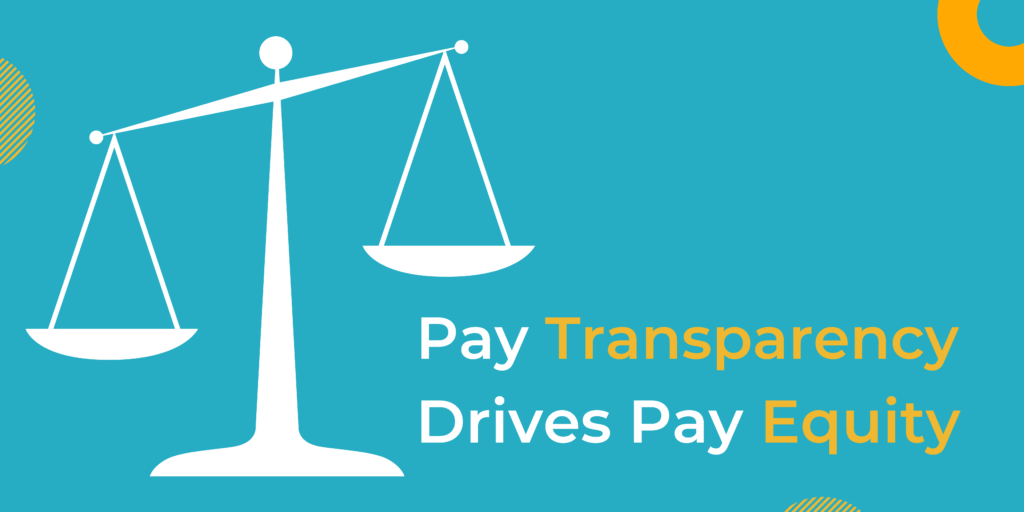

The 12.6 % wage gap between racialized, university-educated, Canadian-born people and their white peers didn’t just happen by itself (this means on average, racialized workers are making 87.4 cents for every dollar earned by a white worker). Organizations are typically built in a way that upholds inequity.
In our industry, we consistently hear stories from People of Colour taking salary offers significantly below the market rate, only to find out later their colleagues in similar roles are making a disheartening amount more. Secrecy around how much we make directly contributes to structural inequalities at work and our inability to acknowledge, and do something about them. If you want to learn more, check out this study showing that employees tend to work harder when they know their manager’s salary, and that they tend to feel demoralized when they know that their peers are undeservedly making more.
We couldn’t say it better than Fahad Khwaja, Founder & CEO of Hue, “pay transparency drives pay equity.” Pay equity is about ‘equal pay for work of equal value’, meaning that two different people in different jobs that contribute equal value to an employer, should be compensated with equal pay. Pay equity is considered a fundamental human right, which is why the Canadian Federal Government announced a Pay Equity Act that came into force last August.
“pay transparency drives pay equity.”
Fahad Khwaja, Founder & CEO of Hue
If pay transparency leads to pay equity, how do we go about transparency?
Pay transparency means communicating honestly about salary ranges at work. While this is easier said than done, it’s something to strive for and it takes work. When you do it right, salaries typically begin to adapt to look and feel more fair. Transparency can look like a lot of things – from building an unbiased salary matrix that helps guide decisions, to communicating with staff how salaries and pay ranges are determined, to revealing a starting salary on a job posting.
We know that a posting without a salary can push ideal candidates away (who wants to go through the process only to find out the salary isn’t inline with their expectations?). Indeed Canada says that companies that post pay information get up to 90% more applicants.
How you talk about salary expectations matters too. Many Canadian workers are a part of cultures where bold negotiation is not the norm, yet it’s something we’ve normalized in Canada. So when we rely on negotiation or see it as a positive ‘skill’ for individuals to have, it only works in favour for some. Instead of asking someone what their salary history is or what they are currently making, try “this is the range we can offer – is this comfortable for you?”
A recent client who inspires us, JAYU, holds a policy that the highest paying position in their organization cannot make more than 3x the lowest paid position. And Impact Organizations of Nova Scotia won’t post community-impact jobs on their job board unless the salary is disclosed (thanks for catching us on this in the past!).
If your organization is committing to equity, consider starting with pay transparency. “Don’t make prospective employees do the guesswork,” – Fahad Khawaja.
Is your organization transparent about pay? We’d love to hear how in the comments!!

